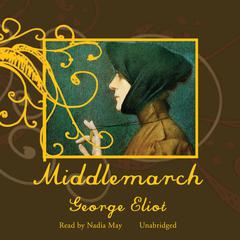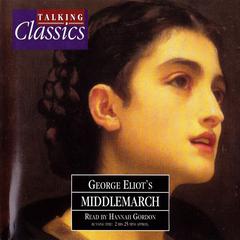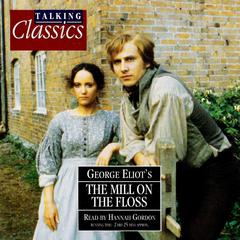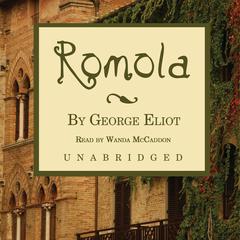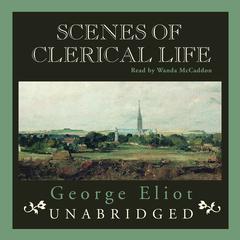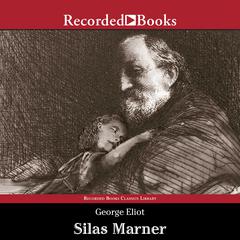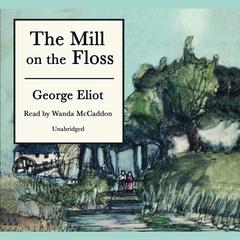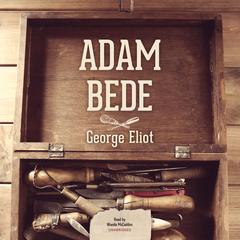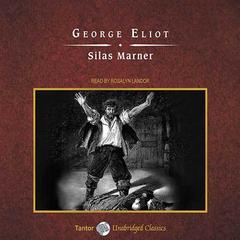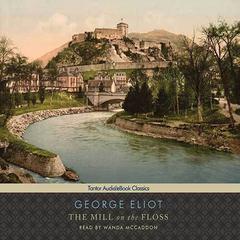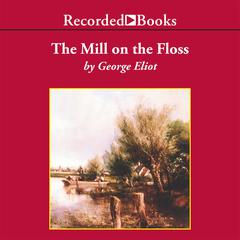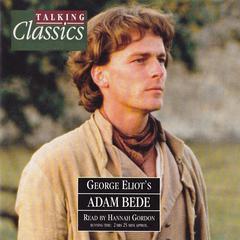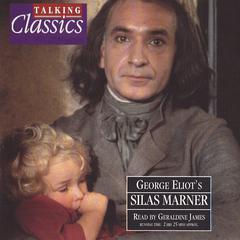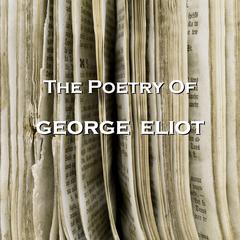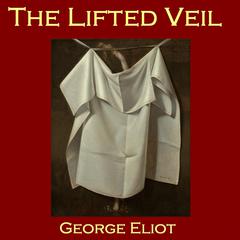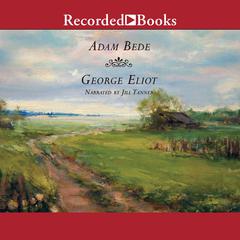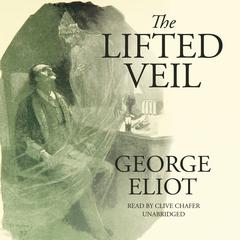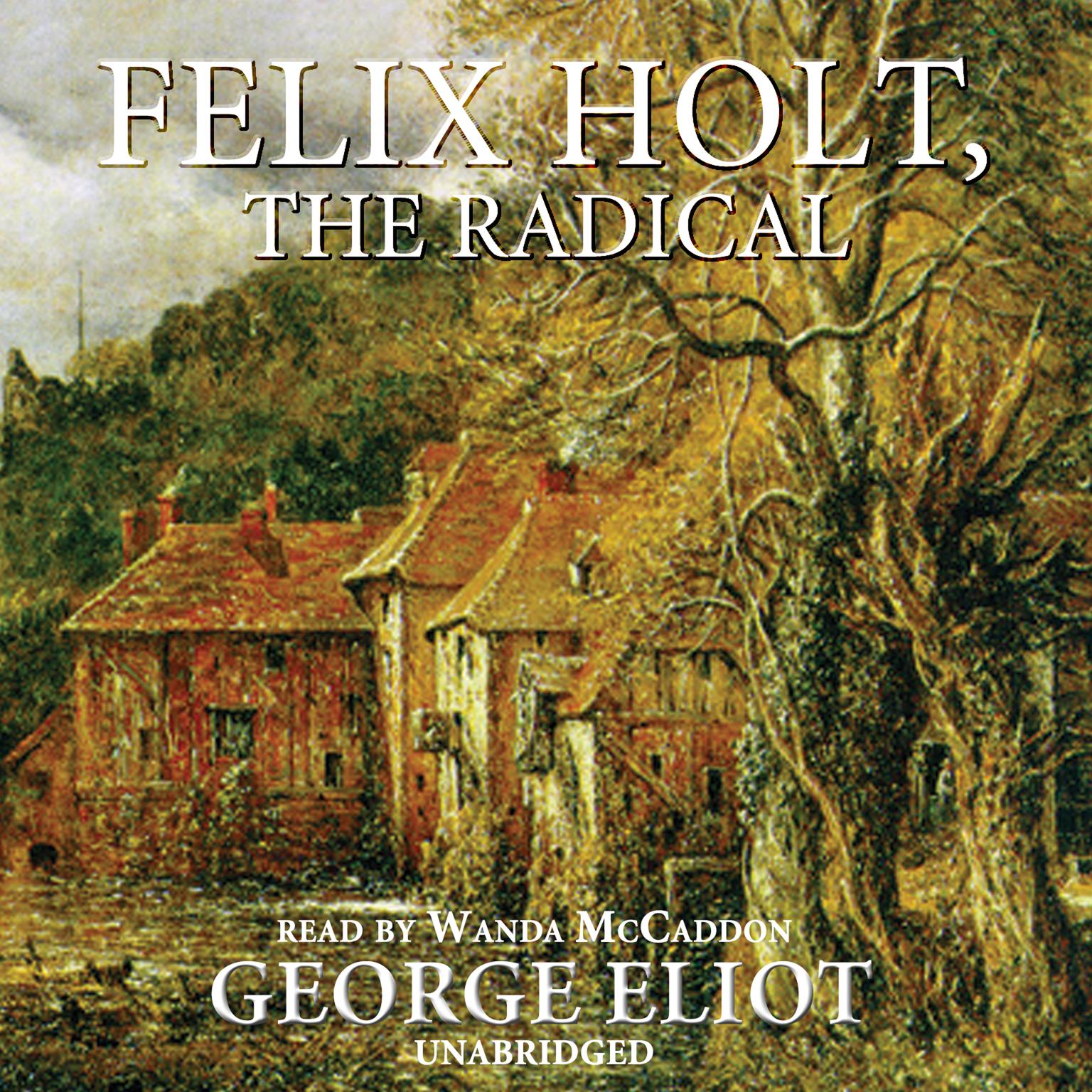 Play Audiobook Sample
Play Audiobook Sample
Felix Holt, the Radical Audiobook
 Play Audiobook Sample
Play Audiobook Sample
Quick Stats About this Audiobook
Total Audiobook Chapters:
Longest Chapter Length:
Shortest Chapter Length:
Average Chapter Length:
Audiobooks by this Author:
Publisher Description
“If a woman really believes herself to be a lower kind of being, she should place herself in subjection….If not, let her show her power of choosing something better.” This is the challenge thrown down to George Eliot’s heroine, Esther Lyon, who dreams of marrying into a life of refinement. But as she struggles to make her choice between two men, Esther finds her values challenged.
Felix Holt is a respectably educated young man who has relinquished opportunity for life as an artisan. An idealist, he burns to participate in political life so that he may improve the lot of his fellow artisans. Contrasted with Holt is the intelligent heir Harold Transome, whose political ambitions are a matter of business. Plot twists involving lines of inheritance and legitimacy complicate the love triangle.
Download and start listening now!
"I read this while studying for my 'A'levels. I never thought I would enjoy a politically based novel but I did this - I don't know if that was because I was studying Victorian social history at the time!"
— Annette (4 out of 5 stars)
Quotes
-
“Nadia May fills the listener in with brisk, breathless cadences, breezing through the lengthy descriptions like a lovable neighborhood gossip…[she] seems to be enjoying herself, which enables the listener to do the same.”
— AudioFile -
“George Eliot insists on dissatisfaction—which is the raw material of social and political change. We can see this effect clearly in [her] most overtly political novel, Felix Holt, the Radical…It has its own integrity, a unity arising from the complexly rendered interrelationships between its election plot and its compelling personal stories.”
— Rohan Maitzen, associate professor, Dalhousie University -
“[A] powerful novel of social ambition and illicit love.”
— Margaret Harris, University of Sydney
Felix Holt, the Radical Listener Reviews
-
" My new literary crush, George Eliot. Must read this one again. "
— Rashaan, 12/3/2013 -
" Can't remember much about this one; it was okay, but just didn't leave much of a lasting impression as most of Eliot's other books do. "
— Leah, 9/17/2013 -
" Decent beginning, better middle, great ending. "
— Nikki, 8/1/2013 -
" Great riot scenes and a sympathetic but realistic view of activism in small town Victorian England. "
— keri, 7/30/2013 -
" I loved this book. George Eliot really is a master of her art. I didn't find it at all slow-paced or impenetrable. And I found the main characters admirable, even enlightening. "
— Eva, 4/8/2011 -
" Who would think that 1830's English politics could be so riveting? Seriously, it may start off slow, but this is one of my favorites of Eliot's (after Middlemarch, of course). "
— Maisie, 1/6/2008 -
" Wonderful. A book with a flag on almost every page. Thoroughly enjoyed it. Most thought-provoking and interesting. Want to write pages about it, may not get to it. "
— K., 9/17/2007 -
" Really interesting,as ever the fictional story includes an historical insight. I don't think we appreciate how important it is that we use our vote in elections. "
— Jenny, 11/25/2006
About George Eliot
George Eliot, the pen name of Mary Ann, or Marian, Evans (1819–1880), was an English Victorian novelist of the first rank. An assistant editor for the Westminster Review from 1851 to 1854, she wrote her first fiction in 1857 and her first full-length novel, Adam Bede, in 1859. In her writing, she was chiefly preoccupied with moral problems, especially the moral development and psychological analysis of her characters. She is known for her sensitive and honest depiction of life and people in works that are acclaimed as classics.
About Wanda McCaddon
Wanda McCaddon (d. 2023) narrated well over six hundred titles for major audiobook publishers, sometimes with the pseudonym Nadia May or Donada Peters. She earned the prestigious Audio Award for best narration and numerous Earphones Awards. She was named a Golden Voice by AudioFile magazine.




